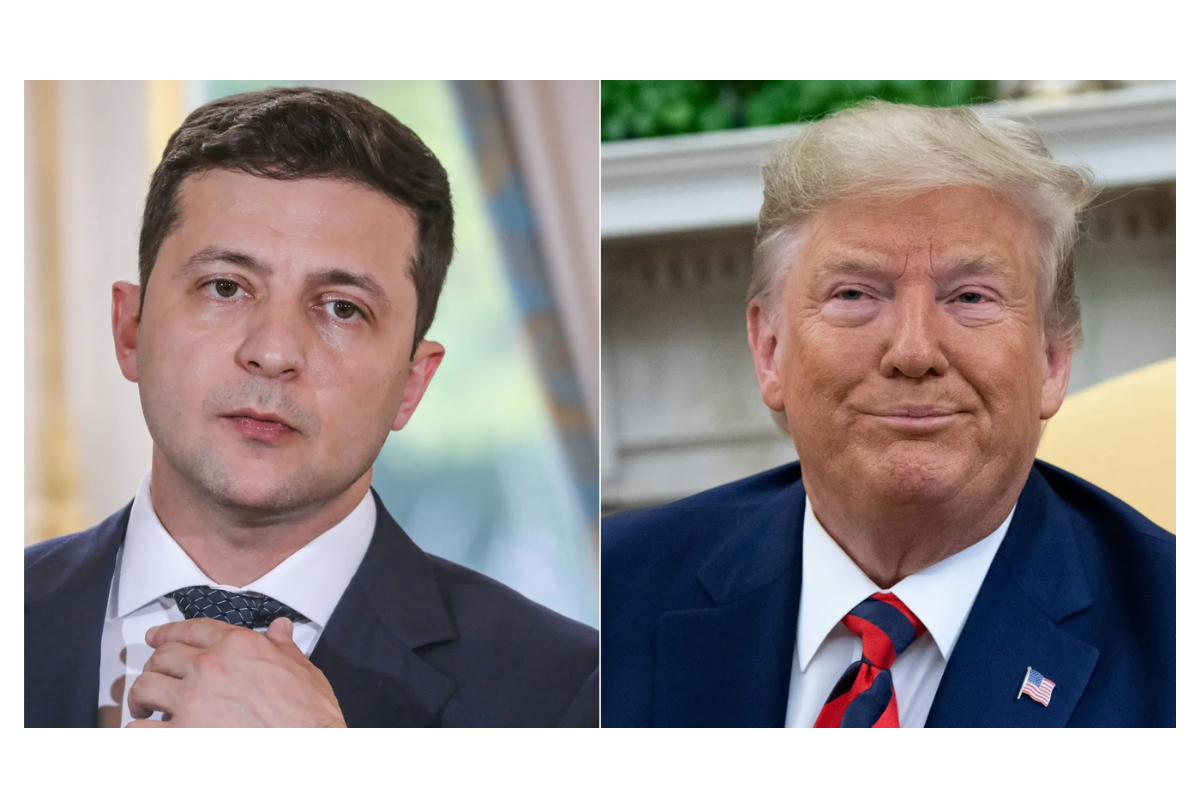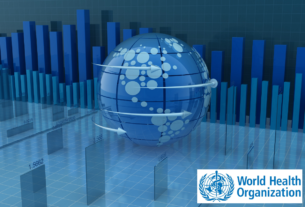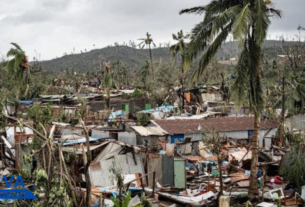Trump SOn January 24, 2025, President Donald Trump signed an executive order suspending nearly all U.S. foreign aid for 90 days. The suspension includes financial support for Ukraine and raising global alarms, particularly for organizations working in conflict zones. The move comes as the Trump administration reviews foreign assistance programs under its “America First” policy, which aims to prioritize domestic concerns over international commitments.
The decision to halt aid to Ukraine is particularly concerning, given the country’s ongoing conflict with Russia. Ukrainian President Volodymyr Zelenskyy quickly voiced his concerns, emphasizing the critical nature of foreign aid in supporting Ukraine’s defense and humanitarian efforts. “We rely on international support to sustain our military and assist our citizens affected by this conflict,” Zelenskyy stated. “This suspension could have dire consequences for the millions who depend on us.”
Many Non-Governmental Organizations (NGOs) working in Ukraine are now facing an uncertain future. One of the most impacted groups, Razom for Ukraine, has been delivering vital medical supplies, food, and shelter to displaced families since the conflict began. CEO Dora Chomiak feared that her organization may not survive without continued U.S. support. “Without this aid, we face closure,” Chomiak said. “The freeze puts our operations at significant risk, and we don’t know how we’ll continue to provide for those who rely on us.”
The suspension extends beyond Ukraine, affecting essential aid programs around the world. In Africa, HIV treatment programs have been delayed, while anti-narcotics efforts in Colombia have ground to a halt. The freeze has sparked confusion among international aid organizations, many of whom are scrambling to understand the full impact of the suspension. Some groups have already sought waivers to continue their operations, while others are preparing for the worst-case scenario.
Aid workers and federal agencies have expressed frustration over the lack of clarity surrounding the freeze. The U.S. Agency for International Development (USAID) is working to clarify which programs remain funded and which are affected. However, many NGOs fear not receiving the necessary information to adjust their operations accordingly. As a result, numerous humanitarian projects are left in limbo, facing the possibility of being shuttered due to lack of funding.
The freeze has also sparked heated debate within U.S. political circles. Critics of the move argue that suspending aid could have serious ramifications for the global influence of the U.S. “This freeze is not only harmful to the recipients of aid; it’s a step backward for U.S. diplomacy and leadership,” said Senator Elizabeth Warren. “It undermines American credibility and strengthens adversarial powers like Russia and China, ready to fill the gap.”
Supporters of the suspension, however, defend it as a necessary move to reassess U.S. foreign spending. They argue that foreign aid should be scrutinized to ensure it aligns with U.S. national interests and that taxpayers’ money is spent efficiently. “America’s resources should be spent where they matter most,” said Trump ally Senator Josh Hawley. “We must prioritize our citizens before acting as the world’s benefactor.”
Despite the political divide, many humanitarian organizations have voiced concern over the suspension’s long-term effects. Aid groups are apprehensive about the timing, given the continued crises in places like Ukraine, Syria, and sub-Saharan Africa. The lack of financial support during critical moments could undermine years of progress and result in further human suffering.
As the 90-day review period continues, international leaders are watching closely. There is mounting pressure on the Biden administration to restore aid and reassure global partners quickly. The current freeze presents a significant challenge for the U.S. and the countries and organizations relying on this crucial assistance.
In the meantime, NGOs like Razom for Ukraine and others worldwide are bracing for the fallout. Their ability to continue operations is questioned, and many are planning emergency contingencies. The global humanitarian community hopes the 90-day suspension will end with a policy shift supporting continued aid for those in need.uspends Aid to Ukraine, Vital NGOs ‘Don’t Know If They’ll Survive’




